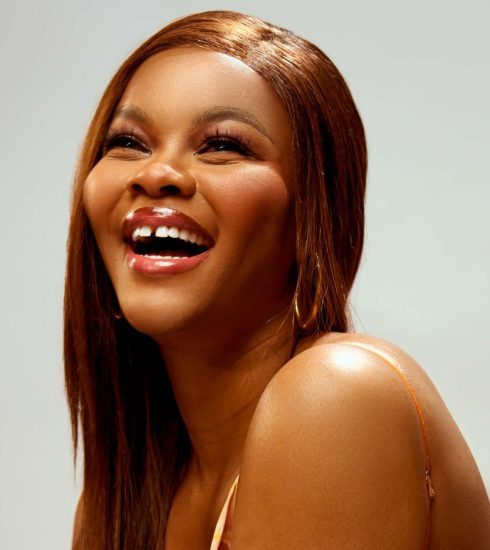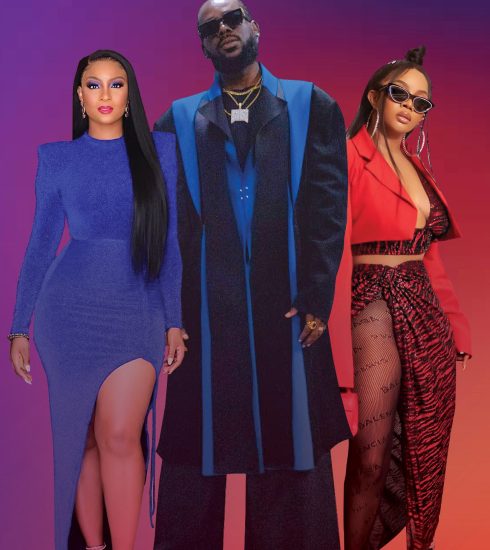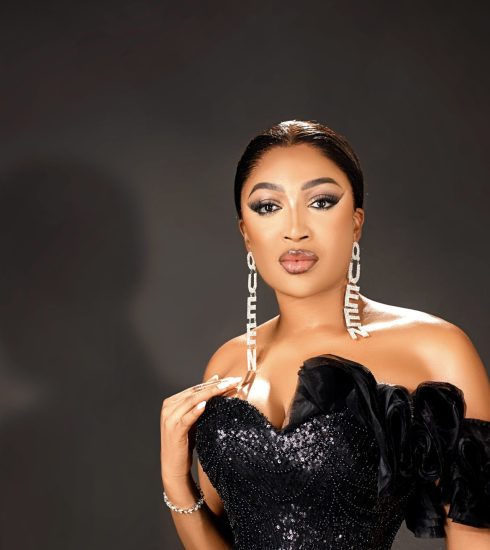Uzor Arukwe: Living In The Spotlight
A performer fast becoming a household name in filmmaking, Uzor Arukwe is a talented Nigerian actor known for his versatile and energetic performances in both film and television.
It’s a known fact that he has the ability to portray various characters, from charming love interests to intense dramatic roles. With such a natural ability to absorb a character into himself, Uzor has become a beloved figure in Nollywood.
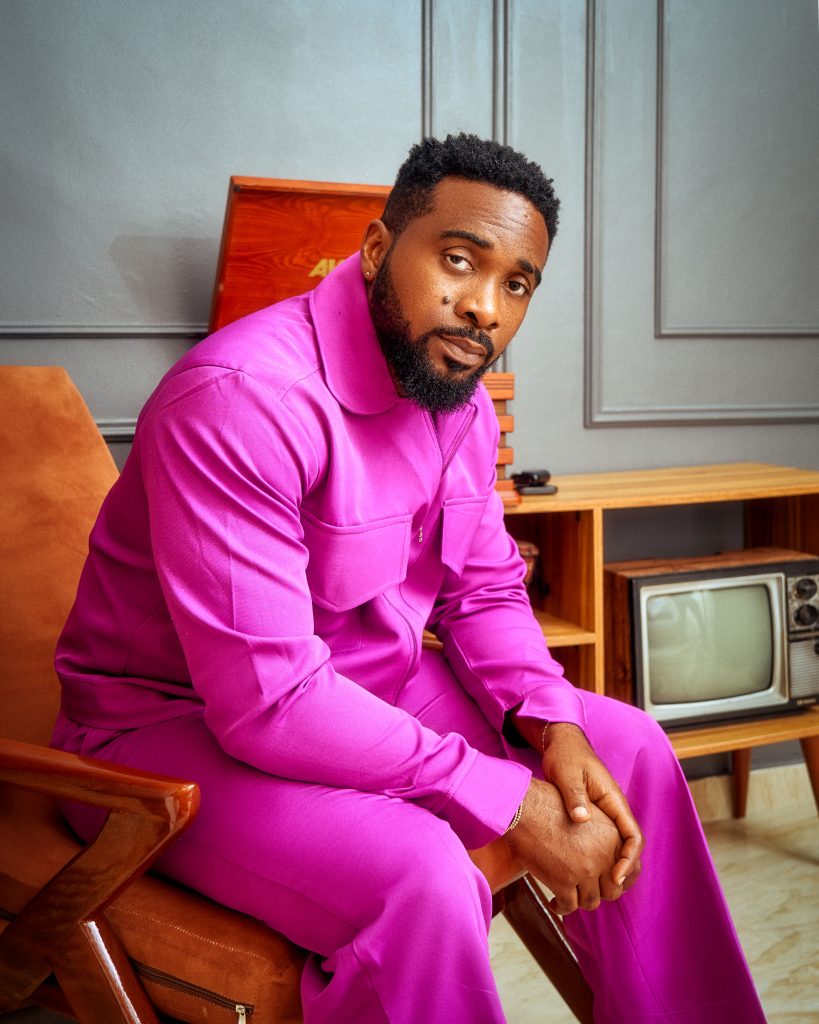
Uzor’s breakthrough came with his role in the hit movie Sergeant Tutu, where he dazzled the audiences with his comic timing and expressive acting. Since then, he has consistently delivered standout performances in films like Sugar Rush, Hire a Woman and A Tribe Called Judah.
In this exclusive interview with THEWILL DOWNTOWN’s Johnson Chukwueke, Uzor Arukwe discusses his beginnings, triumphs, methods, and plans for the future in the world of filmmaking.

Let’s go to the beginning. At what point did you decide to be an actor? And why acting and not directing or producing for instance?
My acting career started in secondary school, in JSS1, when we started reading literature. We had books like The Second Chance, The Gods Are Not To Blame, She Stoops To Conquer, Time Changes Yesterday, you know, books like that. So that’s when I realised that I actually loved performance. Back then, we had projects where classes would compete against each other. Each class had to put a drama together and dramatise the books. My class won, and individually, I won the best performer award too at that time. That’s when I knew I loved performing, and even while watching local telenovelas that were shown then, the likes of Checkmate, Fortunes, Ripples, and The Third Eye; every time I watched those shows, something just resonated inside of me, I wanted to be part of them, and I knew I could do it, that’s how I started.
You have played different roles, each with its own challenges. Can you walk us through your process for preparing for your roles?
I have played different roles, so for my process, well, I don’t like to make it too complex. First of all, after I had done my homework as an actor by creating a back story, who this character is, what religious stands he has, what political stands he has, his family background, educational background, what part of the country he is from, then I begin to find within me what characteristics I have within me that resonates with this character, then when I find it, I start to tweak it and make it as believable as possible. In my opinion, I feel like the more organic my performance is, the better my acting is because when people can tell you are acting, that’s not exactly the best performance. So, I like to always be as natural as possible because naturalism is my best approach to anything. I first flow from what is inside me that relates to the character, and then I will take it from there. I feel method acting isn’t the only technique. Different people have thought different things, like Stella Adler, and many people have brought in different ideas. It’s just like a boxer who chooses to fight in one way without trying out something new. I approach every character differently.
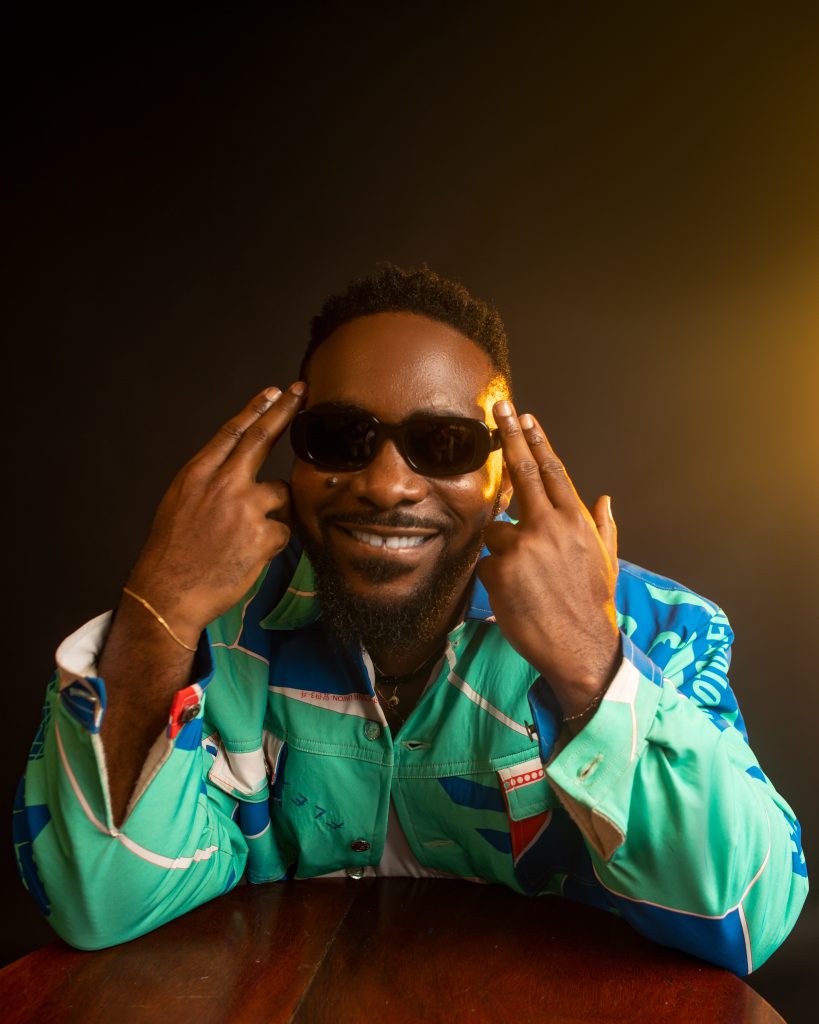
Beyond the fame and financial benefits, what’s been the most rewarding moment in your acting career so far?
It would be my most recent trip to Los Angeles, and before that, I had an all-expense trip to South Africa. I am so grateful to Netflix. The most recent one was my trip to Los Angeles, two trips, South Africa and Los Angeles; I flew business, and I stayed in the best of hotels, also all-expense paid. I attended the premiere of Beverly Hills Cop, which stars Eddie Murphy. So, apart from the finances, that alone for me just shows that God is rewarding my talent, my gifts.
This is an impossible ask. But what movie do you have a high preference for?
I will say all my work; I have a high preference for all my work. A lot of them are not out yet, while some are out. But I wouldn’t put a preference on anyone. Although A Tribe Called Judah is worth noting as it is critically acclaimed, people loved my performance in that. I recently also did Criminal, which was very daunting because I played a character that bore my actual name Uzor, but he was a rogue, he was a criminal, and people liked it. So those two for now, I mean, I have done a lot of work, but that’s just how it is, it’s work, it’s art. Some can be better than others.
Which actors (foreign or Nigerian) do you constantly return to their performances and films?
For me, I watch actors, especially now that there is Netflix. I watch Spanish actors, South Korean actors, and Hollywood actors. There are so many, I can’t name them, but I definitely do watch bad and good acting. What that does for me is that I steal some reactions, some emotions, some nuances from good and great actors, and then when I see some actors who are not so good, I learn what to “not-do”, you know, I learn not to do certain things especially when it comes to reactions, I get to know that I shouldn’t react this way. I watch anime and cartoons; I just watch them all because that’s also how I feel my emotional intelligence when it comes to acting. Because when you watch and see how these people react, then you will be able to apply it to yourself when you find yourself in such a situation when you are acting in that scene. Maybe when a loved one is dead, or you are a villain. I watch a lot of actors, both Nigerian and international actors. The likes of Al Pacino, Will Smith who can portray a comedic character and a serious one, Bryan Cranston from Breaking Bad. I have seen the monologue for one of Charlie Chaplin’s roles, the only speaking role he has had, and it was one of the most powerful written monologues. So yeah, I watch actors in order to keep improving my arsenal of emotions, nuances, and all that.
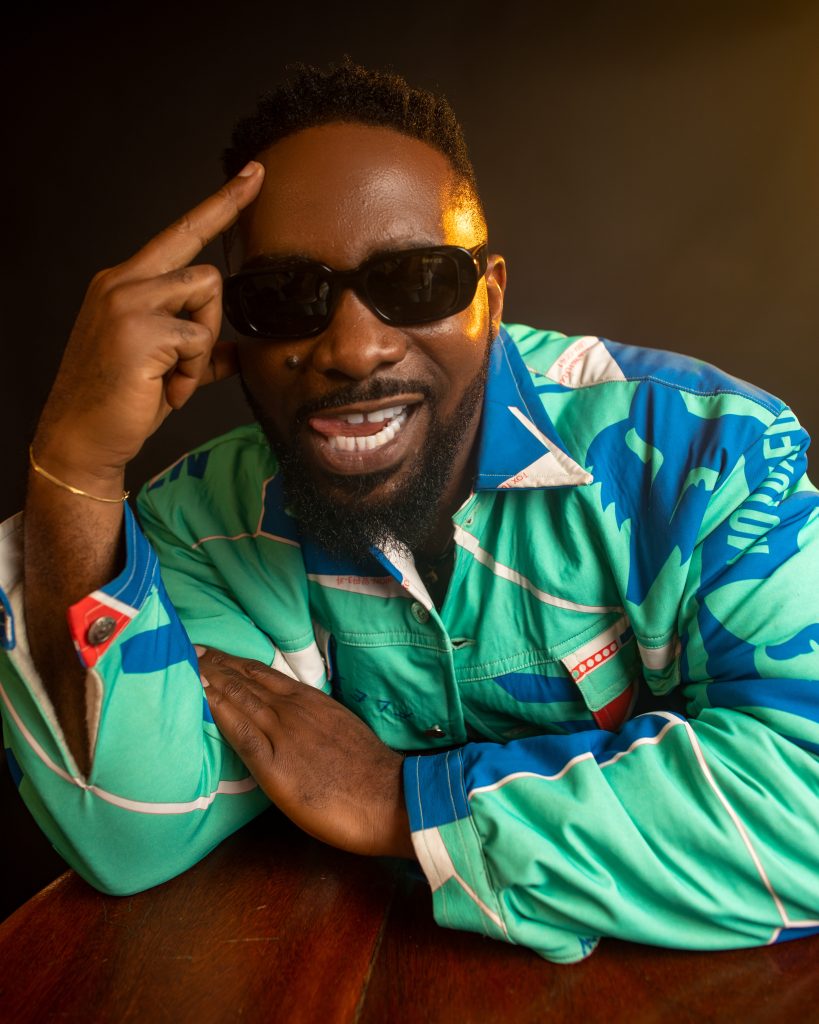
There are conversations held online about how the stories told in mainstream Nollywood might largely limit actors’ performance and range. What do you think about this?
The thing is, I kind of disagree with that, yes, there are more stories to be told, but as an actor and artist, your approach is always different, so I want to be able to tell more stories even with the fact that the biological clock is ticking, the body is changing, we are trying to stay in shape and get better. Above all, I want to be able to give performances for whatever story, even if it’s a story that has been told before, but because Uzor has touched it, I want people to see my own interpretation of whatever story or character I am given. I want to breathe life into it in the best possible way, in a way that it seems like no other person can bring life to it the way I did.
Oftentimes, we have seen people say you’re highly underrated even though you have featured in some of the biggest projects, including the Box Office Hit, A Tribe Called Judah. Do you think you’re underrated, and if so, why?
I actually think I am underrated, and that’s why people call me the dark horse; I got that name from way back. So Uzor is the type of person who is very calm and very demure. I hope you got that. So yeah, very demure and very quiet. So sometimes you expect that the person who is going to act as a very loud villain or character will be loud in real life, but no. You see, as an actor, I should be able to tap into various parts of me and my emotions and make them come out to suit the character that I want to portray. All of us have alter egos, so being an actor, my superpower is the ability to bring these small sleeping elements or characters to the limelight, to big screens, depending on what platform I am using. So yeah, I believe I am underrated, but it’s my superpower, it gives me the drive to do more and show that I am better than I am
What do you consider to be your wow factor as an actor that differentiates you from your colleagues?
I am a versatile actor, I do both drama and comedy. I understand comedic timing, I understand drama, I did martial arts for most parts of my life, I danced professionally to a large extent, and I sang also. You could call me a triple threat, if you will. I am also athletic as I am a sportsperson who plays table tennis and a bit of football. As an actor, I can act like I am very good at these things, so I understand how to make it work. That’s what makes me who I am; I am versatile, I understand each genre, and I apply myself to it. Every film, every character, every story I have been given, I make it my own.
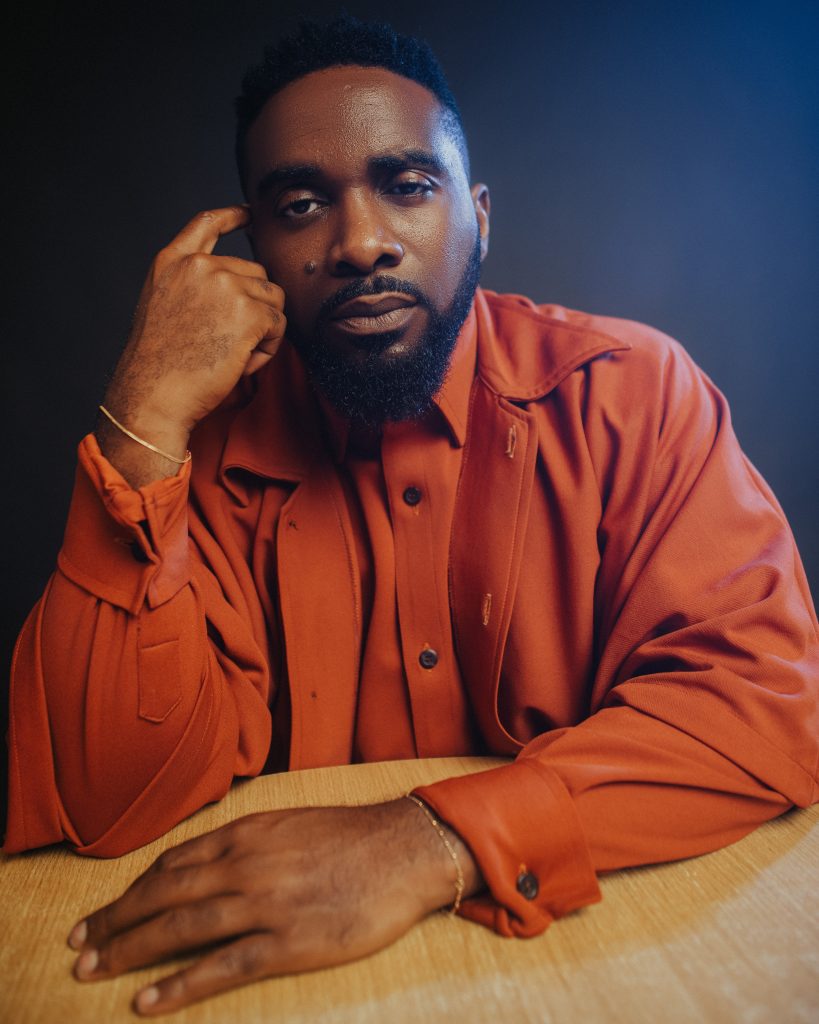
You’re the lead cast in Alive Till Dawn, an Indie production. What do you think is the place and importance of indie voices in the growth of the film industry?
First of all, Indie producers make the industry evolve, and the reason I say so is because they have to give these big production houses a run for their money. We are all filmmakers in our own rights, and because I don’t have a big production house or I don’t have all the money in the world, it doesn’t mean that I won’t be able to tell a story or make a film, stuff like that. So, I feel like competition is the driving force for any evolving economy; the more competition you have, the better the market because the prices are going to drop, and demand is going to increase. For actors now, because of the Indie producers, demand for actors and crew members has increased, and that means that money will come. Yeah, the prices might drop a bit because of the demand, but it is better for us as there is more competition, which gives actors and crew members more opportunities to work.
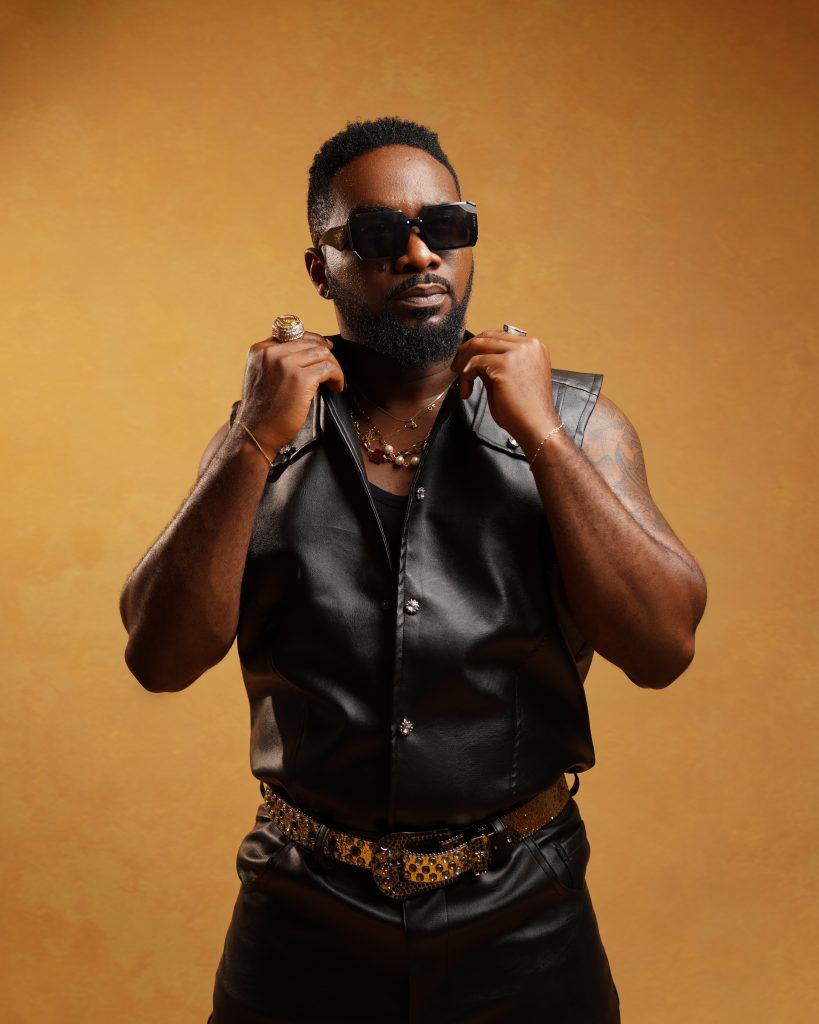
Have there been situations where a character stays with you for a long time? How do you process shedding a character’s traits off your personal traits?
So, as I said previously, method acting is one of the deepest ways of acting, but it doesn’t necessarily mean it’s the best. When you have to become a character in order to interpret a character, it doesn’t mean you have to become a murderer to know how it feels to portray a character. I don’t really have to come out of any character in recent times because of the technique that I apply after creating the character and sticking to the character. I just listen and understand how my character interacts with other characters in the story, and then I serve out my character. I only go deep to interpret my roles, but not so deep that it would take time to come out of a character. Method acting is great, but not necessarily the best, as we have seen actors who went on to win even Oscars, and they weren’t method actors.
What are your future aspirations, both in your career and personal life? Do you have a dream role or collaboration that you hope to achieve in the future?
Absolutely, I have a dream role. It is a type of role that is a major ghetto story; I would love that very much. I would also like to become a film executive, you know, produce or direct your own movie. I wouldn’t say it’s the dream of every performer, but I know some performers who will be interested in that. It’s a dream of mine to transition into a film executive who has his own film house and tells his own stories and the like.





